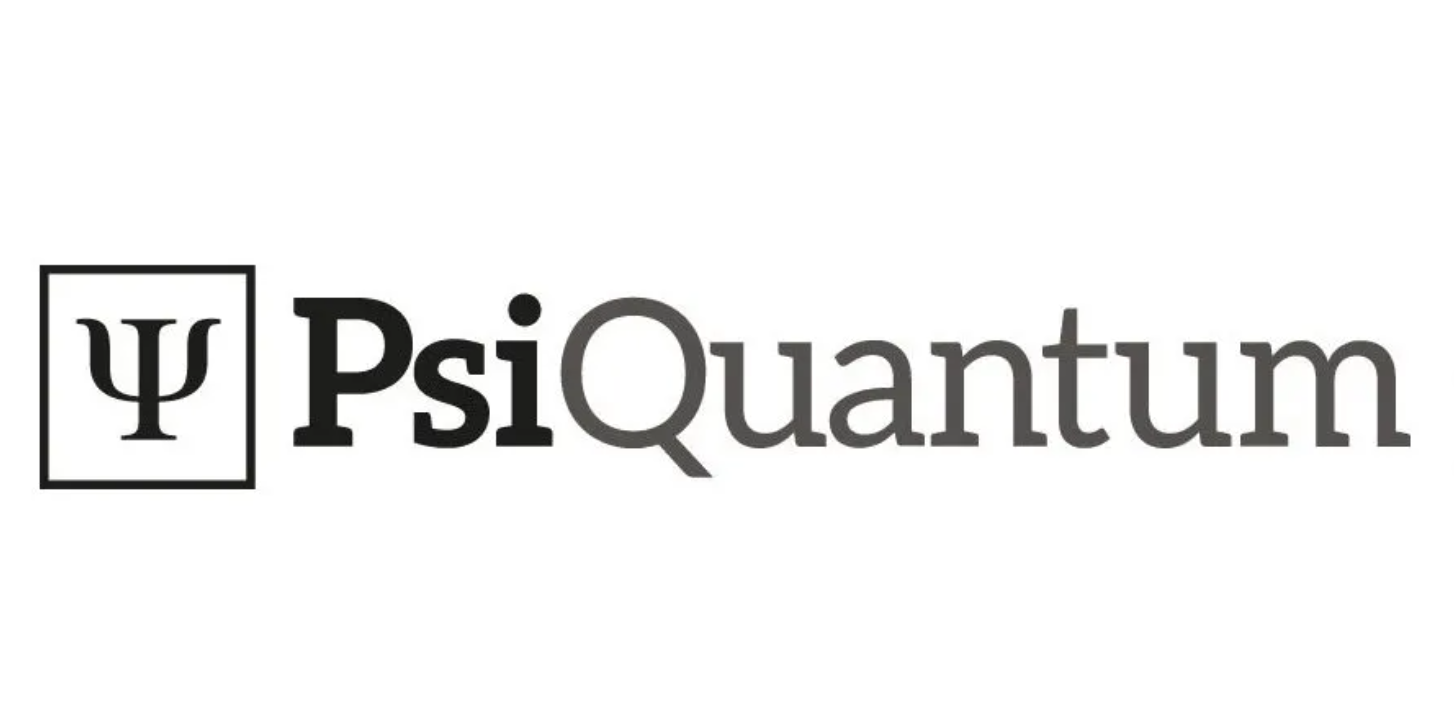Quantum Computing’s Next Frontier, A Conversation with Jeremy O’Brien

Jeremy O’Brien, CEO of PsiQuantum, is developing the world’s first utility-scale, fault-tolerant quantum computer. At the Third Annual Commercialising Quantum Global event hosted by The Economist, O’Brien discussed quantum computing, detailing the path PsiQuantum is taking and the exciting potential of their technology.
O’Brien explained that fault-tolerant quantum computers are essential because errors are inevitable in quantum systems.
“Things go wrong in a regular computer as well, but they go wrong at a rate that’s so low that we typically don’t have to worry about error correction,” O’Brien said.
In quantum computing, however, the error rates are higher, necessitating robust error correction methods to ensure useful computations. PsiQuantum’s approach diverges from many in the field by focusing on building a large-scale, fault-tolerant system from the outset.
O’Brien underlined this: “We took that approach because it was our belief that all of the utility, all of the commercial value, would come with those large-scale systems with error correction.” He added: “There will be no utility in those small noisy systems that we have back then and indeed today.”
PsiQuantum is leveraging photonics and the existing semiconductor manufacturing industry to achieve their ambitious goals. O’Brien described their strategy: “We spent 20 years in the University Research environment trying to figure out if there was a path whereby, we could use the semiconductor industry and the computer systems industry in full to make a quantum computer.” He noted that their conviction is based on the extraordinary manufacturing capabilities developed over decades, which produce “a trillion chips a year, each containing billions of components.”
The company’s first major project is the development of a fault-tolerant quantum computer in Brisbane, scheduled for completion in 2027. O’Brien detailed the setup: “It’s a system with of order 100 cabinets, each filled with hundreds of silicon chips, half of them photonic, half of them electronic, all wired up electrically as well as optically using conventional telecommunication fibers.” This system, when operational, is expected to address significant problems across various industries, particularly in sustainability.
O’Brien highlighted the potential impact on battery technology.
“Although everyone as far as I can tell has a lithium-ion battery in their hand right now, we don’t understand how those things work,” he said, while explaining that understanding and simulating the chemistry of these batteries is beyond the capability of conventional computers. Quantum computers, however, could unlock new insights, leading to the design of better batteries and other advanced materials.
The pharmaceutical industry is another area poised to benefit.
“We have drugs that we consume which we don’t know how they work,” O’Brien said, pointing out the limitations of current simulation capabilities. Quantum computers could revolutionize drug development by accurately simulating molecular interactions, significantly speeding up the discovery process and improving drug efficacy.
PsiQuantum’s use of photonics on silicon chips is a key factor in their accelerated timeline. O’Brien explained: “Photonics is an approach that enables you to scale in large part because of the leverage of the manufacturing but also the connectivity and the cooling and control electronics.” This innovative approach allows for rapid development and deployment of their quantum systems.
As PsiQuantum moves towards their 2027 goal, O’Brien is already looking ahead.
“We have plans for the next generation of systems that will be bigger and more capable,” he said, which indicates a future of continuous improvement and expansion in quantum computing capabilities.
